As a special school of international education, Low-carbon College has always adhered to the direction of internationalization, constantly pioneering and innovating, and actively promoted overseas exchanges and cooperation to a wider field, a higher level and a deeper level. The integration of diverse cultures and the creation of an international atmosphere have always been an indispensable part of the campus culture of Low-carbon College. Whether it is cooperative educational programs, various kinds of exchanges, academic exchanges, scientific research cooperation, all-English curriculum construction, etc., teachers and students of low-carbon college have abundant opportunities to personally understand the charm of international atmosphere, harvest personal growth in diversified educational resources, and gradually enhance the influence of international education of the college, and gradually emerge the pattern of "big foreign affairs and internationalization".
【 Deepen the University of Edinburgh's strategic cooperation and open up a global perspective 】
As the primary strategic partner of the College of Low Carbon, the University of Edinburgh has established comprehensive and in-depth cooperation with the College in double degree programs and scientific research since the early days of its establishment. At present, the double degree program has been successfully carried out for six years, and the seed fund of SJTU and the University of Edinburgh has been jointly established, promoting the implementation of more than 20 scientific research cooperation projects.
In early September, the School invited Margaret Graham, tenured professor of the School of Earth Sciences of the University of Edinburgh, to the School to carry out in-depth exchanges on the future memorandum of cooperation between the two universities and the construction of joint laboratories. At the same time, in order to further promote and encourage the students of the School to study overseas and expand their international vision, Professor Margaret held a double degree program information session for the students of the school.
Margaret said that the University of Edinburgh has maintained good cooperation and exchange relations with the College of Low Carbon for a long time, and the University of Edinburgh attaches great importance to the cooperation with the College of Low carbon, hoping to further explore new cooperation models in the field of global climate governance and low carbon.

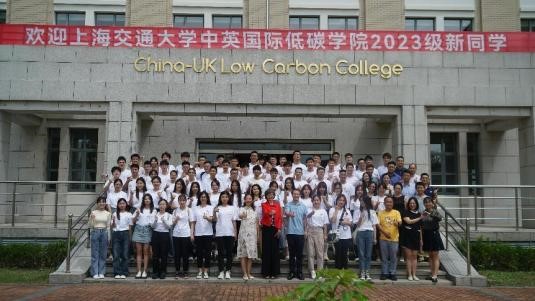
Professor Margaret Graham visited the University
In mid-October, Professor Neil Robertson, Dean of External Affairs of the School of Science and Engineering of the University of Edinburgh, and Professor Aristides Kiprakis, Head of International Student Affairs, visited the School of Low Carbon successively. They had in-depth exchanges with the faculty and students of the School on energy storage technology, climate change, electrochemical materials and other research fields respectively. And visited the relevant laboratories. At the same time, the two professors also brought two academic presentations to the faculty and students of the college, introducing the research progress of the University of Edinburgh in related fields. In the future, the College of Low Carbon and the relevant cooperative departments of the University of Edinburgh will further deepen scientific research cooperation, take the initiative to connect the world's scientific, technological and engineering frontiers, jointly carry out scientific research, strengthen bilateral relations, strengthen exchanges and cooperation, and finally realize friendly mutual assistance and common progress.
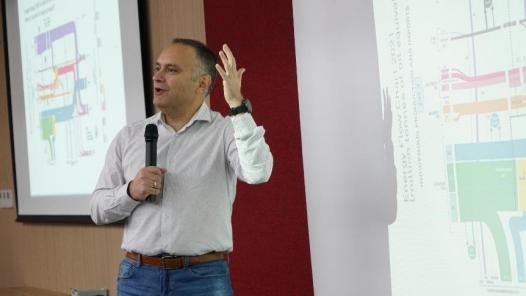
Aristides Kiprakis visited the University

Visit by Neil Robertson
[Enhancing Global University Exchanges for a Green Future]
The United States and the world together. In addition to maintaining liaison with top universities in Europe, the College of Low Carbon has been committed to establishing friendly relations with other universities around the world for exchange and mutual learning. Since its establishment, the College has continuously expanded its international cooperation network and conducted international cooperation and exchanges with more than 10 top universities around the world in the fields of low-carbon technology, environmental governance and ecosystem carbon sequestration, carbon finance, and carbon management, and is committed to becoming an important base for cultivating compound and international top innovative talents in the field of low-carbon.
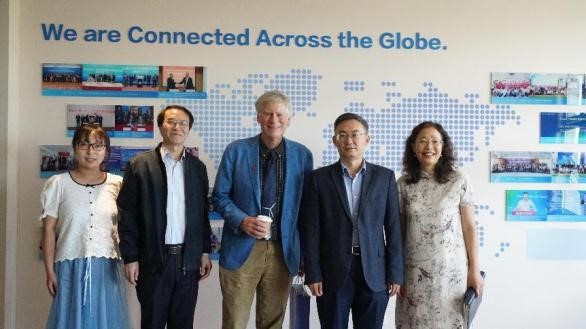
Professor Jonathan Overpeck visited the school
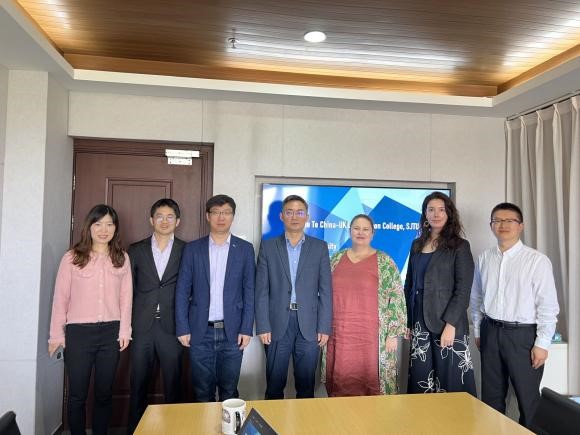
Visiting by Sarah McDonald
In mid-October, Professor Jonathan Overpeck, Dean of the School of Environment and Sustainability at the University of Michigan in the United States, and Sarah McDonald, Vice President of Monash University in Australia, visited China respectively. The two sides had in-depth exchanges and discussions on personnel training, discipline construction and planning, faculty allocation and international cooperation. Monash University has preliminarily drawn up a memorandum of cooperation with the College of Low Carbon. The two universities have a strong research foundation in the fields of advanced materials and chemical energy storage. The two sides indicated that they will work together to strengthen resource investment in the future, strive to improve the level of the double-degree program, and take this opportunity to develop scientific research cooperation and better train interdisciplinary and low-carbon talents with international competence.
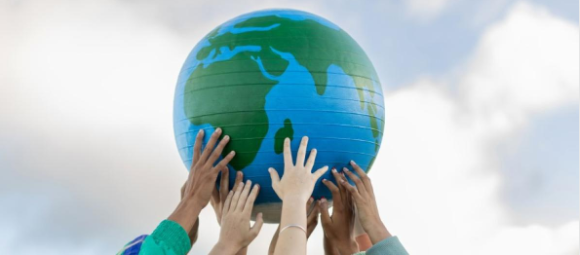
The heart is connected and the hand is hand
High-quality development requires a high level of opening up to the outside world. Low-carbon College has always placed internationalization in an important strategic position, adhered to the expansion of opening to the outside world, carried out various forms of international exchanges and cooperation from teachers to students at all levels, constantly expanded the "circle of friends" of international exchanges and cooperation, and constantly improved the construction of "two wings" of international education. Carefully build a brand chain of low-carbon international cooperation. In the future, the College will continue to strive for domestic and international exchange opportunities, actively expand the breadth and depth of international cooperation, cultivate professionals with global vision, social responsibility and innovation spirit, master low-carbon skills and knowledge, and practice sustainable development, continue to play an important role in the global scope, jointly build green development, and promote thehigh-quality development of the college with high-level international exchanges.
LCC Delegation Visits the UK and France
2025-12-16